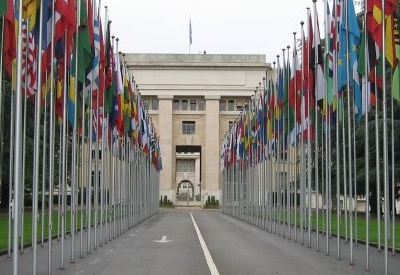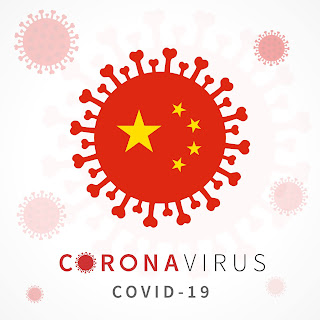Groupthink: the tyranny of governing
The developed world has an elaborate, yet
contrived way of going about its business
regarding governmental affairs in general,
and foreign policy, in particular. As I was
emailing with a professor in Asia this week,
the reality of “Groupthink” a management
term that denotes the notion of a team
who is all too agreeable towards changes
or the status quo of company policy,
affects most humans on a daily basis. Sure,
“kitchen table” politics help shape who we
are and what influences us as individuals
through our family and friends; however,
in 2017 and with the threat of military
conflict staring down the barrel of a gun on
the Korean Peninsula, the bedrock of
Groupthink is a notion that is strongest in
authoritarian nation-states. A cult of
personality is obvious in North Korea with
the Kim dynasty and in Cuba with the
Castro brothers maintaining an iron – grip
on the island. China still maintains an
identity with their leaders, though, nothing
like during the Mao era. The United States
glorifies its Presidents with extravagant
inaugurations and during the annual State
of the Union Address. So, who holds the
most power in their respective bureaus?
The American President is constrained by
Congress and American allies;
authoritarian regimes by lack of resources,
China the lone argument as it is the
“factory of the world.”
The notion of Groupthink, then, rears its
ugly head in various cabinets no matter
the ideology. Individual Members of
Parliament (Canada etc.) in some cases are
permitted to vote with their conscious on
various legislation and are held in line by
the “Party Whip” on other matters that
might bring about the downfall of the
government. Is that Democracy or tyranny
of the few? In the case of North Korea, Kim
Jong – un has shown little tolerance for
individuals within his circle who might
flinch regarding the direction of his
leadership.
In the case of Democracy, not going along
to get along may cost you your political life
or your station within the Party. In the
Authoritarian nation – state, questioning
the leadership may cost you your life or
years of hard labour. What is the preferred
platform is a rhetorical question.
As the U.S.S. Carl Vinson draws near the
edge of North Korea, the potential for a
miscalculation on the part of North Korean
or the United States looms large. The
result might be numerous casualties in
South Korea followed by a mass exodus of
refugees from North Korea into mainland
China and South Korea. Yet, if Kim
survives, the goal of regime change
remains as distant as before any actual
conflict that may take place on the Korean
peninsula in 2017. Fifty – nine cruise
missiles did little to dissuade Assad in
Syria. If Kim plans on striking the U.S. or
any of its allies in the region, all bets are
off on predicting the outcome with an
uneasy China deliberating over a potential
refugee crisis or the U.S. flexing their
military might in South Korea and Japan.
The political game of brinksmanship
continues. For now, it is rhetorical and a
potent serum for sustaining power. Stay
tuned.





